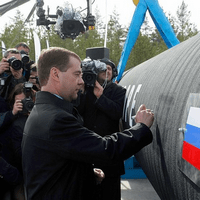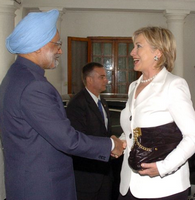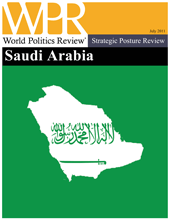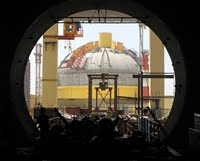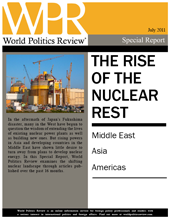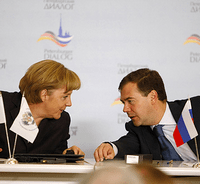
Coming on the heels of Berlin’s decision to phase out nuclear power, the recently signed memorandum of understanding between German utility RWE and Russia’s state-owned Gazprom to negotiate a joint venture on downstream gas and power plants could spell bad news for Europe on three levels. First, if it bears fruit, the partnership will undermine European diversification efforts, since RWE was the leading utility behind the European Union’s Nabucco pipeline designed to tap new Central Asian supplies. Second, it will bolster oil-indexed pricing schemes against the impact of wholesale spot prices, serving to keep prices on an “artificial” footing. Third, […]

